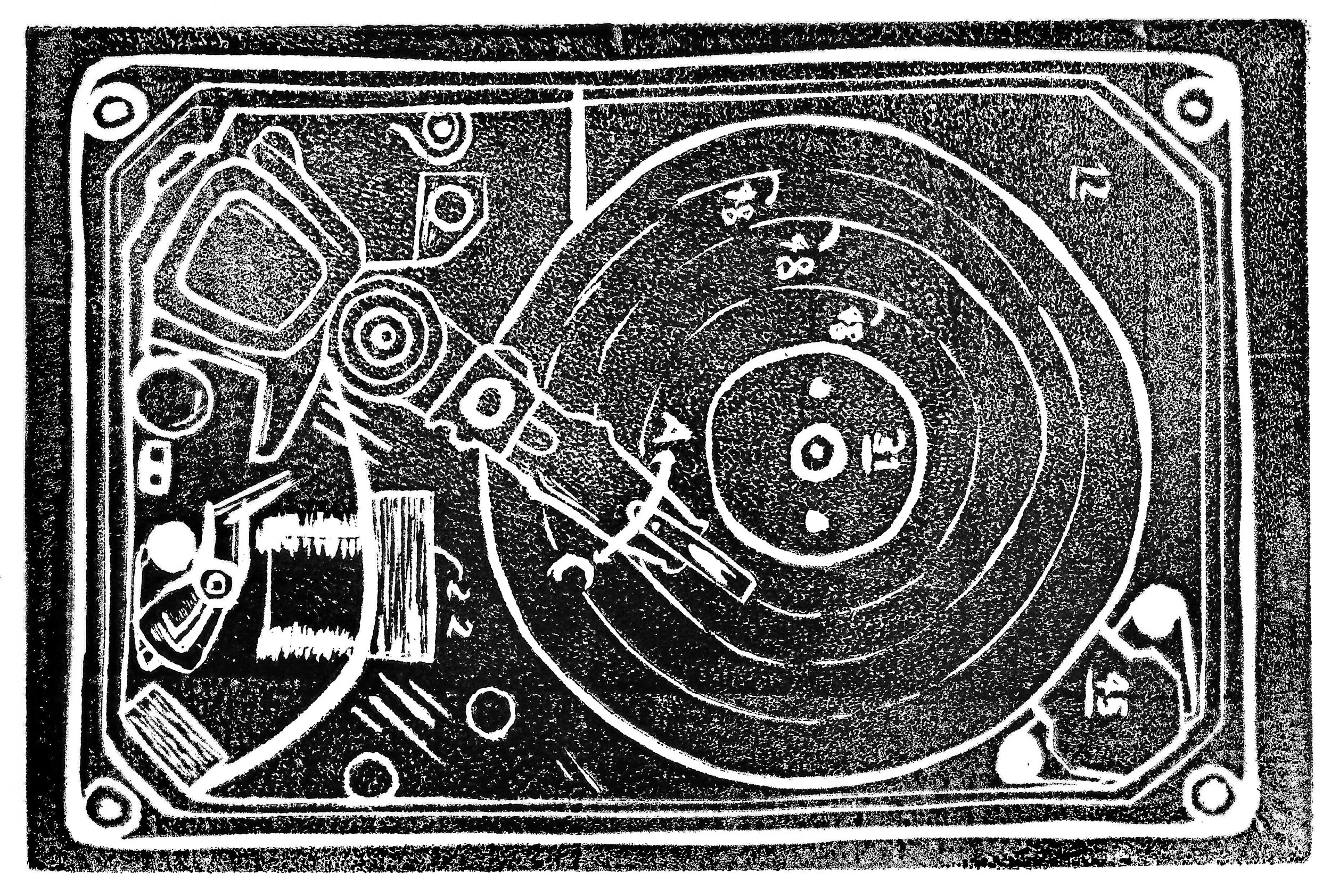As someone who loves design of all kinds, it can be easy to get carried away and lose track of where I, as a mechanical engineer, fit in the design world. For me it is important to understand what makes mechanical design different than any other kind of design. Understanding this puts me in a better position to know how my specific training and design decisions can affect the world.
All in Career & Professionalism
Lenses to Interpret the Visual Form of Products and Why it Matters
Lenses are useful to focus and bend light. In design, metaphorical lenses can likewise focus our attention and bend our design towards various essential factors.
“Caveat Emptor” – Let the Buyer Beware
Caveat Emptor… Who are you really designing for? Yourself? The Customer? The Customer’s Future?
Self-Made: A Conversation with Drew Henry
Many people have asked if it is possible to become an engineer without a degree. When we pose this question to Google, we get more than 30 million results in response to this question. Answers ranged from a solid no to multiple sites listing jobs in engineering that don’t require a degree. In reality, it depends on the field, the job, and often where you live. To learn more about this path to engineering, we decided to interview a successful business-owner and self-taught engineer to get his take on this topic.
Racism in America, manifested in engineering design: A pledge to take responsibility and action
Changes in our systems must happen everywhere, across all industries, and I believe engineers and designers have an important role and responsibility in the U.S’ plight against injustices.
Getting the Most out of Digital Calipers
If your job involves product or part geometry, I believe you should own and use a pair of digital calipers. They are one of the most important measurement tools to access the details of the geometry you’re working with. Even if your job is purely theoretical, it can be helpful to simply use the calipers to visualize the size and scale of features you’re specifying or being asked to work with.
Design in Data Figures: Absolute Versus Relative Scales
The right scale can make all the difference in the world when it comes to appropriate data figures. This is one article in a series of techniques and practices for designing good figures and visualizations.
Design in Data Figures: Dealing with Occlusion
Communication with data figures can be a large part of design. This is the beginning of a series of techniques and practices for designing good figures and visualizations.
Human-Centered Engineering: A Conversation with Professor Nathan Johnson
Editors from the BYU Design Review recently sat down with Professor Nathan Johnson, an associate professor in The Polytechnic School of the Ira A. Fulton Schools of Engineering at Arizona State University, with research areas in global sustainability and systems engineering. Check out a few short passages taken from the interview.
Sharing your Design Work
Your primary job is to perform good design work, but a close second is to make it easy for other people to understand the work you’ve done. Neither of these is trivial, and neither should be underestimated.
Book Review of "Product Development - Principles and Tools for Creating Desirable and Transferable Designs"
The recently published book “Product Development: Principles and Tools for Creating Desirable and Transferable Designs” is a unique addition to design resources available to students and engineering professionals interested in evolving their design ideas from the early stages of opportunity development all the way through to production.
The Human Element of Technical Projects
It was my design versus Eric’s. I was confident though; the engineering analysis favored my design. Plus and I was the project lead, and the choice was mine. What could go wrong?
Healthy Attitudes for International Travelers
Traveling internationally soon, or hope to again sometime in the future? This article provides four principles to help hone your mind-set and turn your international travels into more meaningful experiences for you and those around you.
Interdisciplinary Teams
So many things contribute to the success of a team-based project. It’s pretty clear, though, that the team itself is one of them. Team composition, purpose, goals, approach, and team member behavior are all variables that can be tuned to get a high performing team. This article shares thoughts on each of them.













